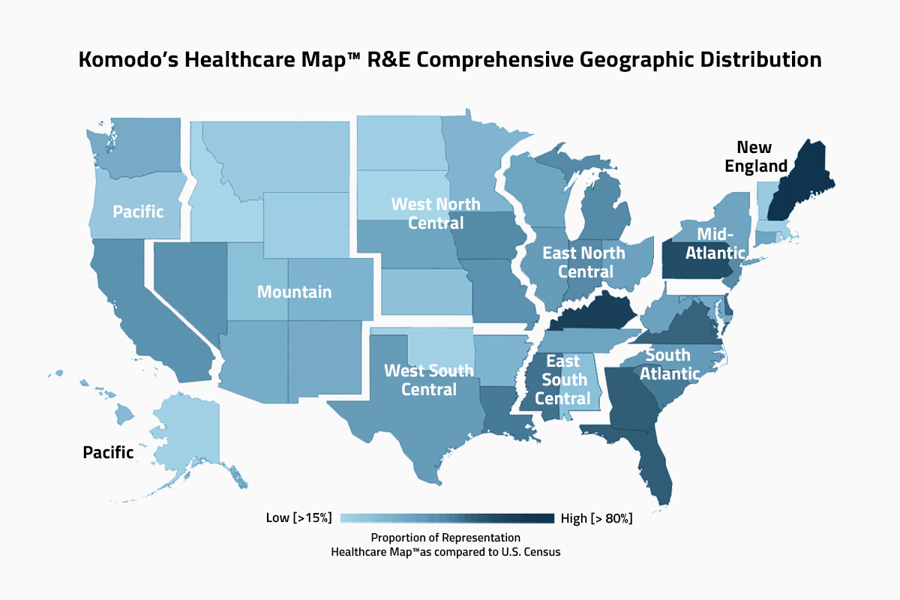The Insights Needed Now: Fighting Racial Disparities in Medicine and Disease

After decades of increasing awareness about racial disparities in health and healthcare, the U.S. health system finally seems poised for meaningful changes, thanks to a host of efforts to advance health equity.
These efforts are both top-down and bottom-up. The U.S. Centers for Disease Control and Prevention has highlighted the impact of racism on patients, calling it “a serious public health threat.” Regulatory agencies like the FDA have called for improvements in racial and ethnic representation in clinical trials. Physician groups, such as the American Academy of Pediatrics and the American Medical Association have begun to propose significant changes to medical guidelines to address patterns of bias in clinical practice. And, a growing body of research has identified the need for structural reworking to improve research and publication protocols that disproportionately favor White research and researchers. Advocacy groups are sounding the alarm to bring awareness to racial disparities in health, and awareness in the patient community is also putting pressure on our health system to change.
Addressing racial bias in all areas of medicine and research is crucial. It’s also complex. To make effective change, health system leaders need to rely on data and evidence to inform strategies and policies. Insights from the real-world experiences of patients play an essential role in understanding the nuances and depth of the challenge, which is essential to inform policymakers', providers’, and payers’ approaches to closing gaps in care.
While it’s important to measure and understand the divergence in patient experiences across different racial groups, we also know that crude racial and ethnic categorizations can sometimes have serious drawbacks. At worst, using race and ethnicity in clinical decisions can drive, opacify, or exacerbate preexisting health disparities.
An Imperfect But Essential Tool
Although race and ethnicity (R&E), as categories, serve as an imperfect tool, there are still opportunities to leverage race and ethnicity insights to illuminate and unveil the complex intersections between health, race, and care. As our industry works to eliminate disparities, insights from the patient experience offer a powerful opportunity to expose gaps in care, identify opportunities for inclusive research, and inform strategies to address divergent patient experiences and outcomes.
At Komodo, our tools are helping researchers actively improve diversity in clinical trials, and the insights we generate support industry stakeholders and advocacy groups to understand the nuances of disparate patient journeys and identify opportunities for high-impact intervention. Our data-driven analyses have focused on the undue burdens experienced by Black patients with asthma, racial disparities in stroke and cardiac emergencies during the pandemic, the higher systemic delays experienced by Black patients with colorectal cancer, and the higher frequency and gravity of complications for patients of color with chronic conditions, among other topics.
Today, our Healthcare Map™ incorporates accurate, de-identified, nationally representative data on race and ethnicity at a near-census level across diverse indications, geographic regions, ages, and payers. This is the largest and most representative view of patient experiences across race and ethnicity available, incorporating between four and 10 times the number of unique patient journeys for specific racial minorities compared with legacy aggregators.

Accessible via our advanced software applications and technology platform, insights that were previously unavailable can now help us understand the nuances of disparities with unprecedented depth, breadth, and ease. New analytic capacities hold the potential to deliver significant impact to patients across myriad therapeutic areas and can pinpoint race and ethnicity-based differences in patient care across tests, referrals, treatments, and outcomes.
From Life Sciences to payers to policymakers and digital innovators, stakeholders across the entire spectrum of the U.S. healthcare system need integrated, current, linked data about the entire individual, their experience in the healthcare system, and the external factors that impact health to have a complete view of a patient. Only with this level of insight can we identify and take the actions needed to eliminate disparities.
Connect with us to learn more about how Komodo's race & ethnicity demographic data can unlock novel insights and power Life Sciences strategies.
To see more articles like this, follow Komodo Health on Twitter, LinkedIn, or YouTube, and visit Insights on our website.







